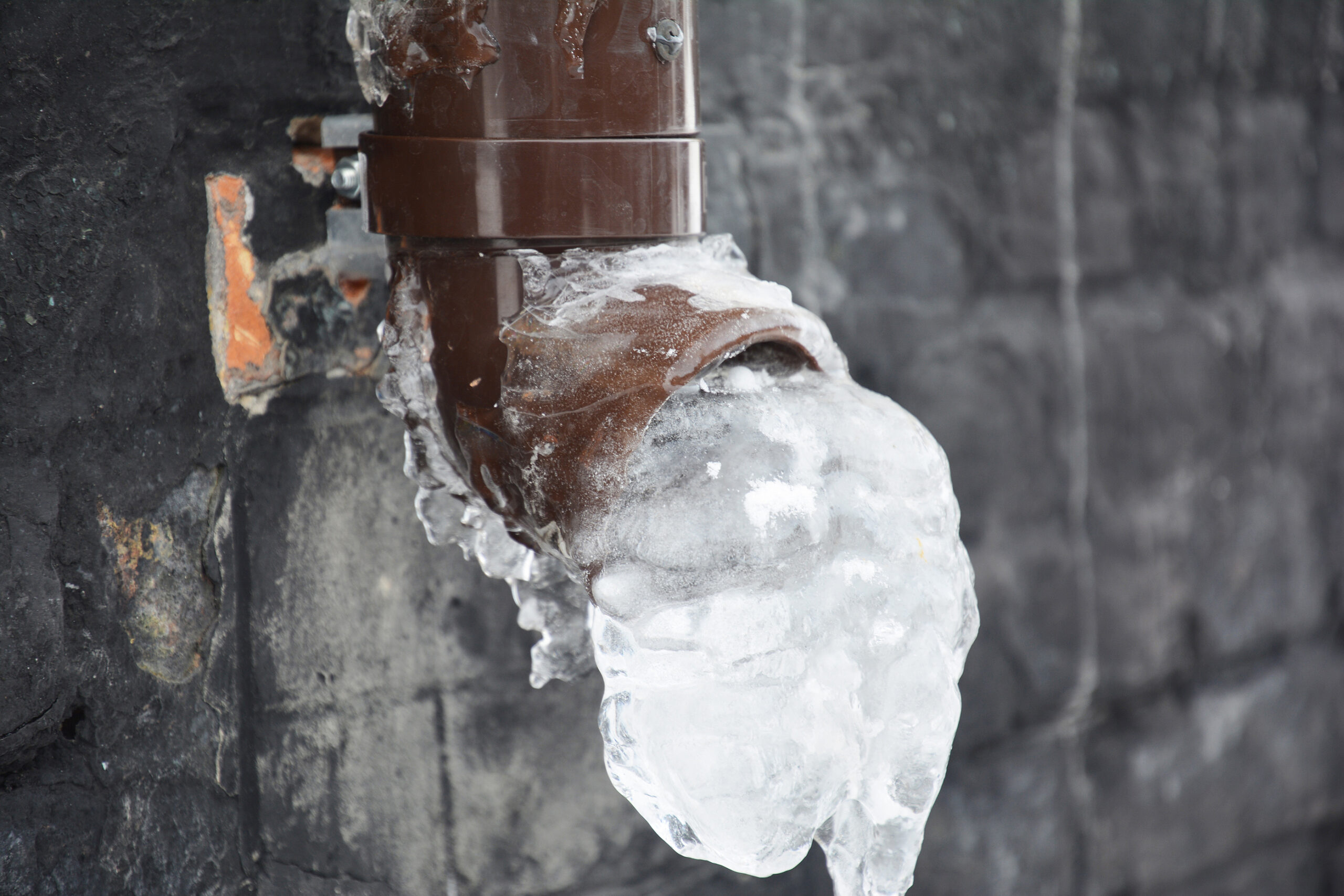How to Keep Pipes from Cold Weather Issues: Crucial Tips
How to Keep Pipes from Cold Weather Issues: Crucial Tips
Blog Article
We've found this great article pertaining to How To Avoid Freezing Pipes listed below on the internet and decided it made perfect sense to discuss it with you on my blog.

Winter can damage your plumbing, especially by freezing pipelines. Below's exactly how to avoid it from taking place and what to do if it does.
Introduction
As temperature levels decline, the risk of icy pipelines increases, possibly bring about pricey repair services and water damages. Understanding exactly how to prevent frozen pipes is important for home owners in cool environments.
Avoidance Tips
Shielding prone pipelines
Cover pipelines in insulation sleeves or utilize warm tape to secure them from freezing temperature levels. Focus on pipelines in unheated or exterior locations of the home.
Heating techniques
Keep interior spaces properly heated up, especially locations with plumbing. Open up cupboard doors to allow cozy air to distribute around pipelines under sinks.
Exactly how to identify icy pipes
Search for decreased water circulation from faucets, uncommon smells or sounds from pipelines, and visible frost on revealed pipelines.
Long-Term Solutions
Architectural modifications
Consider rerouting pipelines far from outside wall surfaces or unheated areas. Include extra insulation to attic rooms, basements, and crawl spaces.
Upgrading insulation
Buy top quality insulation for pipes, attics, and walls. Appropriate insulation helps maintain constant temperatures and reduces the threat of icy pipelines.
Protecting Outdoor Pipes
Garden hose pipes and outside faucets
Detach and drain garden hoses prior to wintertime. Install frost-proof faucets or cover outside taps with protected caps.
Understanding Frozen Pipelines
What creates pipelines to ice up?
Pipelines freeze when exposed to temperature levels listed below 32 ° F (0 ° C) for extended periods. As water inside the pipelines freezes, it increases, putting pressure on the pipeline walls and potentially causing them to burst.
Risks and damages
Icy pipes can lead to water supply disturbances, home damages, and expensive repairs. Burst pipes can flood homes and cause considerable architectural damage.
Indications of Frozen Pipes
Identifying frozen pipelines early can avoid them from bursting.
What to Do If Your Pipes Freeze
Immediate actions to take
If you think icy pipelines, keep faucets open to soothe pressure as the ice melts. Utilize a hairdryer or towels taken in warm water to thaw pipes slowly.
Final thought
Preventing frozen pipes calls for positive procedures and fast reactions. By comprehending the reasons, signs, and safety nets, homeowners can protect their plumbing during winter.
6 Proven Ways to Prevent Frozen Pipes and Protect Your Home
Disconnect and Drain Garden Hoses
Before winter arrives, start by disconnecting your garden hoses and draining any remaining water. Close the shut-off valves that supply outdoor hose bibs and leave the outdoor faucet open to allow any residual water to drain. For extra protection, consider using faucet covers throughout the colder months. It’s also important to drain water from any sprinkler supply lines following the manufacturer’s directions.
Insulate Exposed Pipes
Insulating your pipes is an effective way to prevent freezing. Pipe insulation is readily available at home improvement stores and is relatively inexpensive. Pay close attention to pipes in unheated areas such as the attic, basement, crawl spaces, or garage. Apply foam insulation generously to create a buffer against the cold. You can also wrap your pipes in heat tape or thermostat-controlled heat cables for added warmth.
Seal Air Leaks
Inspect your home for any cracks or openings that could let in cold air. Seal any holes around the piping in interior or exterior walls, as well as the sill plates where your home rests on its foundation. Additionally, make sure to keep your garage door closed unless you’re entering or exiting. Leaving it open creates a significant air leak that can lead to frozen pipes.
Allow Warm Air Circulation
During cold snaps, it’s essential to allow warm air to circulate evenly throughout your home. Leave interior doors ajar to promote better airflow. Open kitchen and bathroom cabinets to help distribute heat consistently around the rooms. If you have small children or pets, be sure to remove any household chemicals or potentially harmful cleaners from open cabinets for safety.
Let Faucets Drip
A small trickle of water can make a big difference in preventing ice formation inside your pipes. When temperatures drop significantly, start a drip of water from all faucets served by exposed pipes. This continuous flow helps prevent the water from freezing. Additionally, running a few faucets slightly can relieve pressure inside the pipes, reducing the chances of a rupture if the water inside does freeze.
https://choateshvac.com/6-proven-ways-to-prevent-frozen-pipes-and-protect-your-home/

We were guided to that editorial about Prevent Frozen Pipes through a buddy on another web address. Sharing is caring. Helping people is fun. We cherish reading our article about How to Prevent Your Pipes From Freezing.
Here Report this page